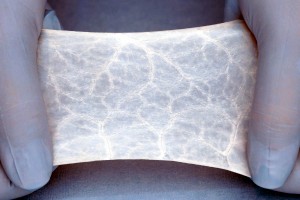Regenerative medicine is an interdisciplinary field focused on restoring or establishing normal function in damaged tissues and organs by harnessing the body’s own repair mechanisms or by introducing engineered biological materials. It includes a wide range of approaches such as stem cell therapy, tissue engineering, gene editing, and increasingly, in vivo cell and tissue reprogramming, a technique that converts one type of cell directly into another within the body to regenerate damaged tissues without the need for transplantation or external scaffolds.
A key regulatory support mechanism for this field in the United States is the Regenerative Medicine Advanced Therapy (RMAT) designation, established by the US FDA under the 21st Century Cures Act. RMAT is granted to regenerative therapies—including cell therapies, tissue-engineered products, and gene therapies—that are intended to treat serious or life-threatening conditions and show preliminary clinical evidence of addressing unmet medical needs. This designation provides benefits such as accelerated approval pathways, intensive FDA guidance, and priority review.
Together, these innovations and regulatory frameworks are accelerating the development of transformative therapies that will shape medicine and healthcare of the future.

